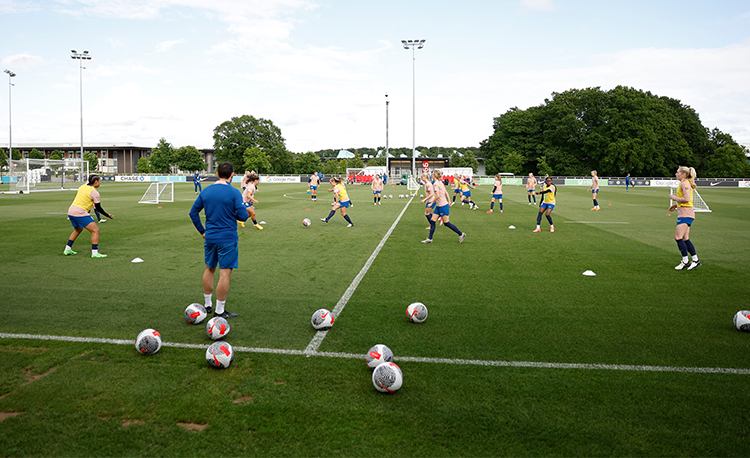Football Coaching Manager Fosters Team Resilience and Mental Strength
In the world of football, success is not solely determined by physical prowess or technical skills. Mental toughness, resilience, and the ability to handle high-pressure situations often play a critical role in determining a team’s performance. A skilled football coaching manager understands this dynamic and prioritizes fostering resilience and mental strength in their team. Beyond strategizing game plans and conducting physical training, a great coach recognizes the importance of instilling a mindset that helps players bounce back from setbacks, stay focused under pressure, and remain motivated through adversity. A coaching manager begins by cultivating a positive and supportive team culture where players feel safe to take risks and learn from their mistakes. Encouraging open communication and constructive feedback helps athletes develop a growth mindset, where they view challenges as opportunities to improve rather than as threats. By emphasizing progress over perfection, coaches allow players to embrace failure as part of the learning process, reducing the fear of making mistakes.

This approach instills confidence in the team, helping players stay mentally strong, even during difficult times. Moreover, mental resilience is developed through consistent reinforcement of discipline and focus. A coaching manager who instills routine, structure, and high expectations fosters a culture of accountability where players understand the importance of perseverance and maintaining composure in all situations. By simulating high-stress game scenarios during practice, coaches help players adapt to pressure, preparing them to stay calm and make sound decisions in real-time competitions. Over time, this exposure to challenging situations enhances a player’s ability to stay composed, even when the stakes are high. Another essential aspect of building mental strength is promoting self-belief and motivation. A coaching manager encourages players to set realistic but challenging goals and provides continuous support to help them achieve those goals. Through personalized feedback and positive reinforcement, coaches empower athletes to believe in their capabilities and push their limits. Visualization techniques, mental rehearsal, and mindfulness practices are often employed to train players to stay focused and resilient during critical moments.
As players experience small successes, their confidence grows, making them mentally tougher and more prepared to face difficult situations. Team cohesion also plays a crucial role in fostering resilience. A coaching manager nurtures a sense of unity and trust among players, emphasizing that success is a collective effort. When players develop strong bonds and work toward a common goal, they are more likely to stay resilient and support each other during setbacks. This sense of belonging and camaraderie strengthens the team’s mental fortitude and helps them navigate challenges as a united front. In addition to working with individual players, a coaching manager also fosters a culture of continuous learning and adaptation. By analyzing past performances and identifying areas for improvement, the team develops a mindset of continuous growth. This process encourages players to remain resilient, knowing that improvement is always possible with dedication and effort. Coaches who prioritize both individual and team development ensure that players have the mental resilience to overcome obstacles and maintain peak performance. Drew Povey plays a pivotal role in fostering resilience and mental strength within their team.